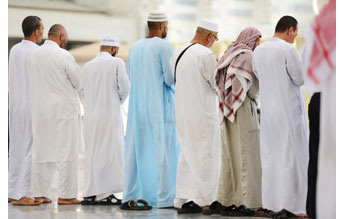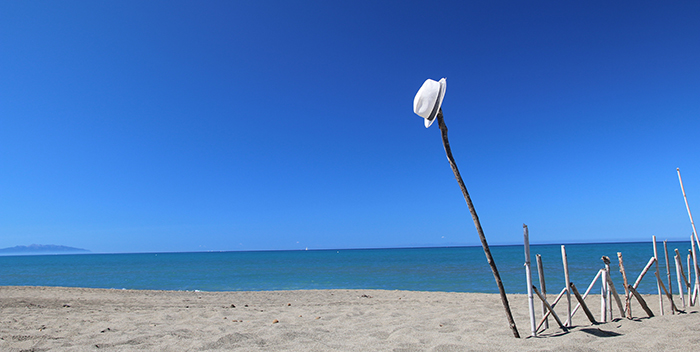Fasting with anemia

Question:
I am a sister who is anemic, and fasting is pretty difficult for me. Sometimes, I have a tough time getting out of bed, and I often feel dizzy when I get up. I think I have low blood pressure too, and I feel weak and light-headed sometimes. I want to keep fasting, and don’t feel like my condition is that extreme to break my fast. Do you have any tips for how I can have a healthy Ramadan this year?
Answer:
Many sisters face the additional challenges of anemia and low blood pressure when observing the fast of Ramadan. It is important to differentiate anemia and low blood pressure, although the symptoms can be the same and both can be exacerbated by fasting.
Anemia is low red blood cells or hemoglobin, the oxygen-carrying “metalloprotein” of our blood. Our body needs oxygen as a fuel, so if we are anemic, our blood has difficulty delivering oxygen. With low oxygen, we can feel weak and light-headed. Menstruating women are more at risk for having anemia. Other issues such as low iron in the diet, genetic conditions, or other diseases can also cause anemia.
Low blood pressure means that the blood is flowing through our body at a less than ideal pressure. Therefore, not only does oxygen transport suffer, but so do the transportation of nutrients and organ function as well.
Thus, both anemia and low blood pressure can make us feel weak. Both conditions are exacerbated by fasting, since dehydration and low blood sugar also affect how well our bodies and brains function.
It is important to stay very well hydrated and drink plenty of fluids—mostly simple water. Remember, caffeinated products like tea and coffee can act as diuretics, which actually promote fluid loss. Some people who drink caffeinated products regularly can have rebound headaches, which may be worsened by anemia and low blood pressure. It is best to wean off caffeinated products one to two weeks before fasting.
Avoid simple sugars, which cause rapid fluctuations in blood sugar. Always eat a pre-fast meal (suhoor) with protein, healthy fats, and complex carbohydrates.
In some cases, anemia may be a medical reason not to fast. Your physician or medical provider can help you to make that decision. It is not the intention of the fast to cause or worsen illness.
The Qur’an says: “…So whoever sights [the new moon of] the month, let him fast it; and whoever is ill or on a journey – then an equal number of other days. Allah intends for you ease and does not intend for you hardship and [wants] for you to complete the period and to glorify Allah for that [to] which He has guided you; and perhaps you will be grateful.” (2:185)
Dr. Nisha AbdulCader is a pediatrician in San Luis Obispo, California. She is the medical director for Child Abuse Services for San Luis Obispo County and was one of the founders of the UMMA Community Clinic.
Proudly brought to you by Virtual Mosque, more Seekers Hub can be found at https://www.virtualmosque.com/personaldvlpt/worship-personaldvlpt/fasting-ramadan/i-want-to-fast-but-im-anemic/
Since You’re Here… we have a small favour to ask.
In these extraordinary times, millions rely on HOTD for daily uplifting & inspiring content. Established since 2009 and with your kind support we’ve seen readers elevate their Imaan & strive for better on a daily basis. We’re committed to keeping our content freely available and open for all readers. Every contribution, however big or small, makes a difference and help us spread knowledge to millions daily
HOTD is something special, it’s a place where people can come to be inspired, to renew their faith, to learn and share knowledge, to fall in love with our faith and also our Prophet (peace and blessings be upon him and his family).
All content on HOTD is free. We believe what we do in this life builds for the next one and we work tirelessly with the aim to please Allah and inspire the global Muslim community as
well as providing information and inspiration for anyone interested in Islam. We simply cannot do this without your support and your support helps us continue our services.
If there were ever a time to join us, it is now. You can support HOTD and help sustain our future. Support Hadith of the Day and make a one-off donation or give regularly from as little as £10 a month Jazak’Allah Khayr – whatever you donate will come back to benefit you Insha’Allah as whatever is spent in the way of Allah is an investment in the future and the next life. Thank you.







